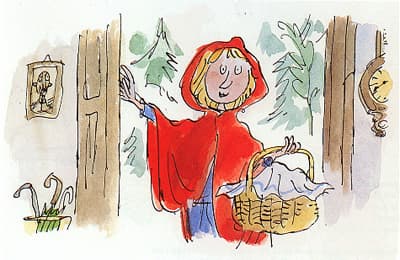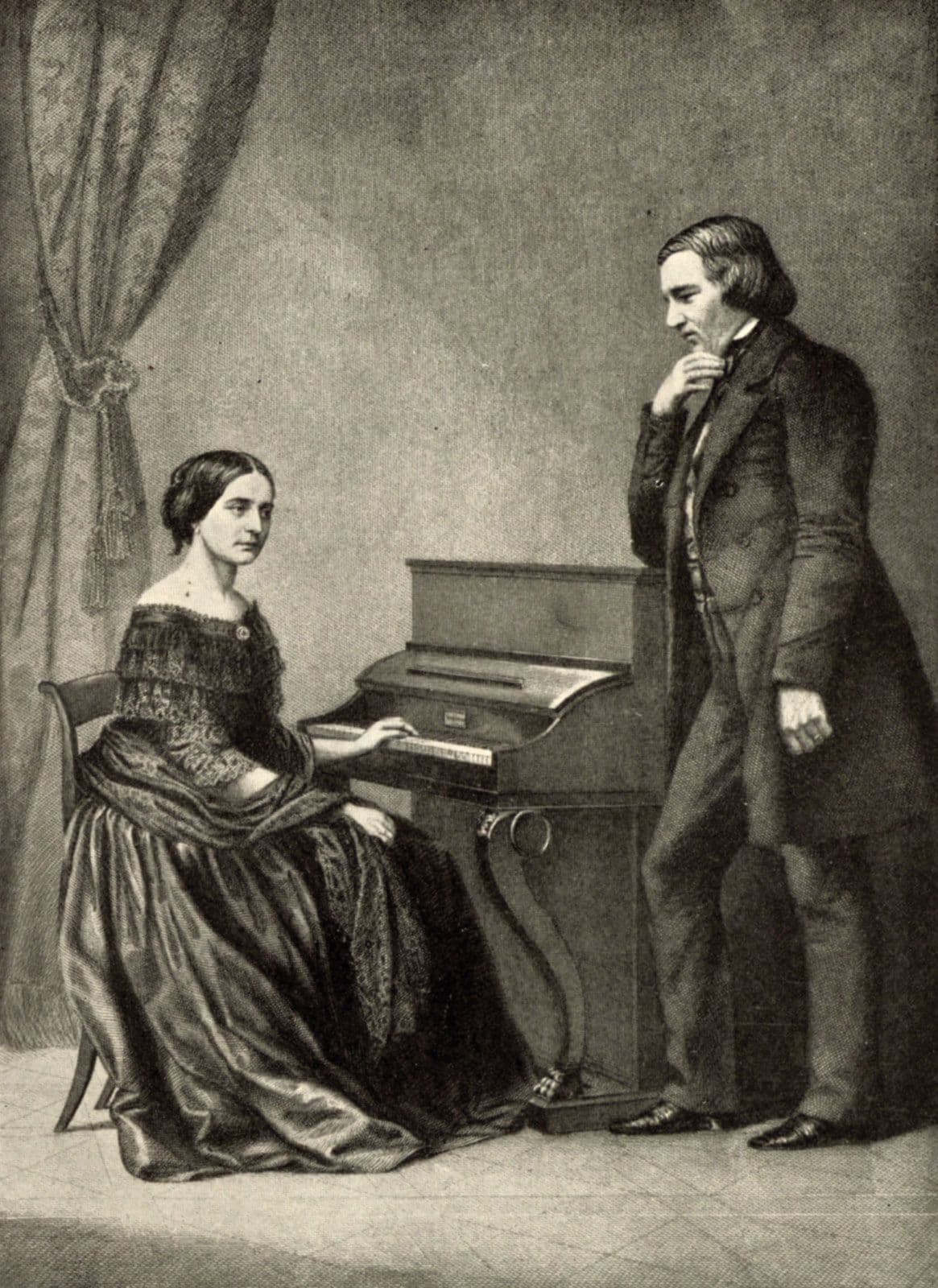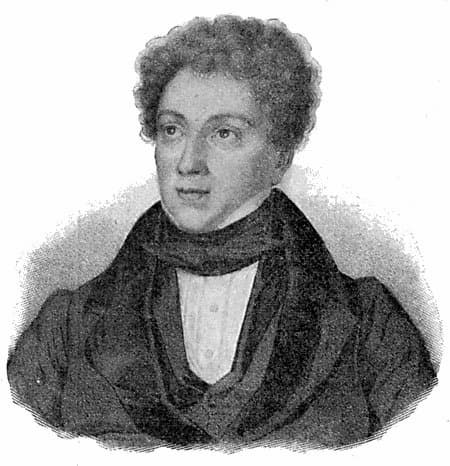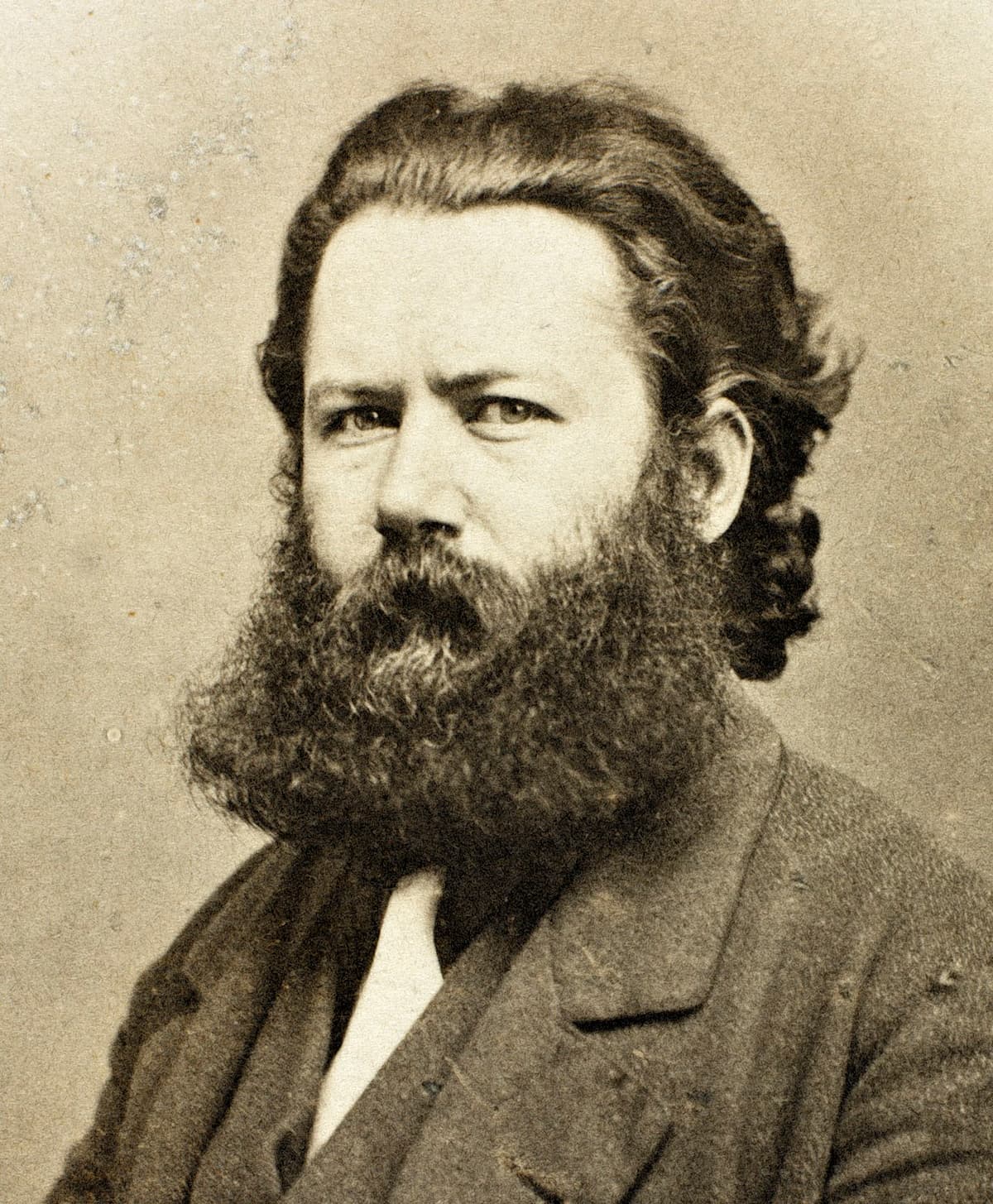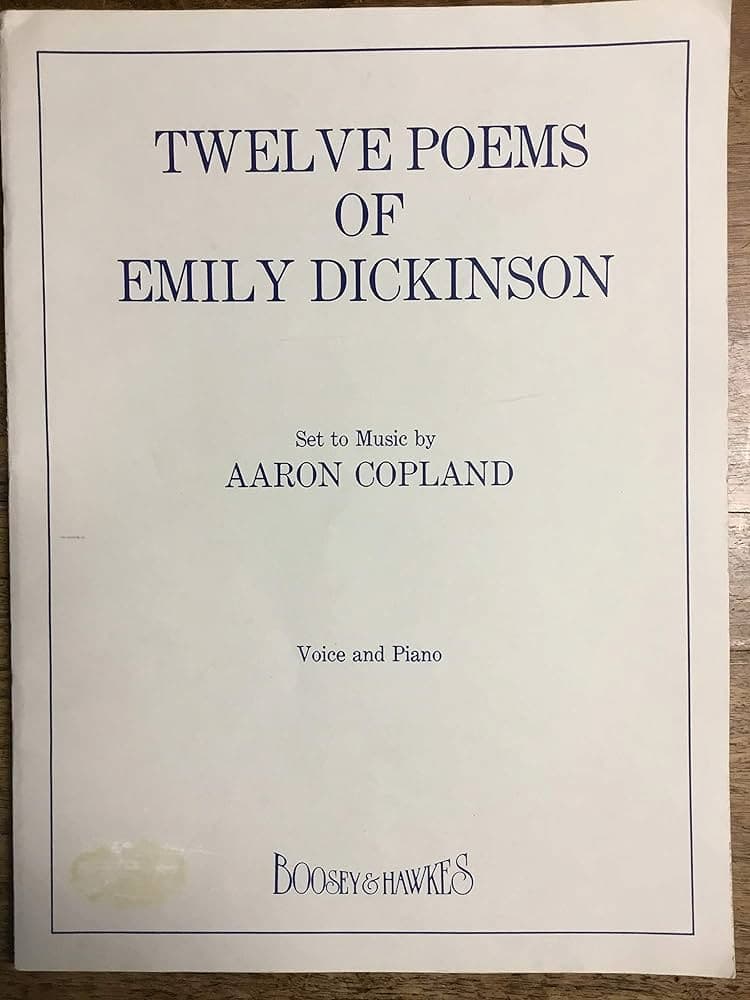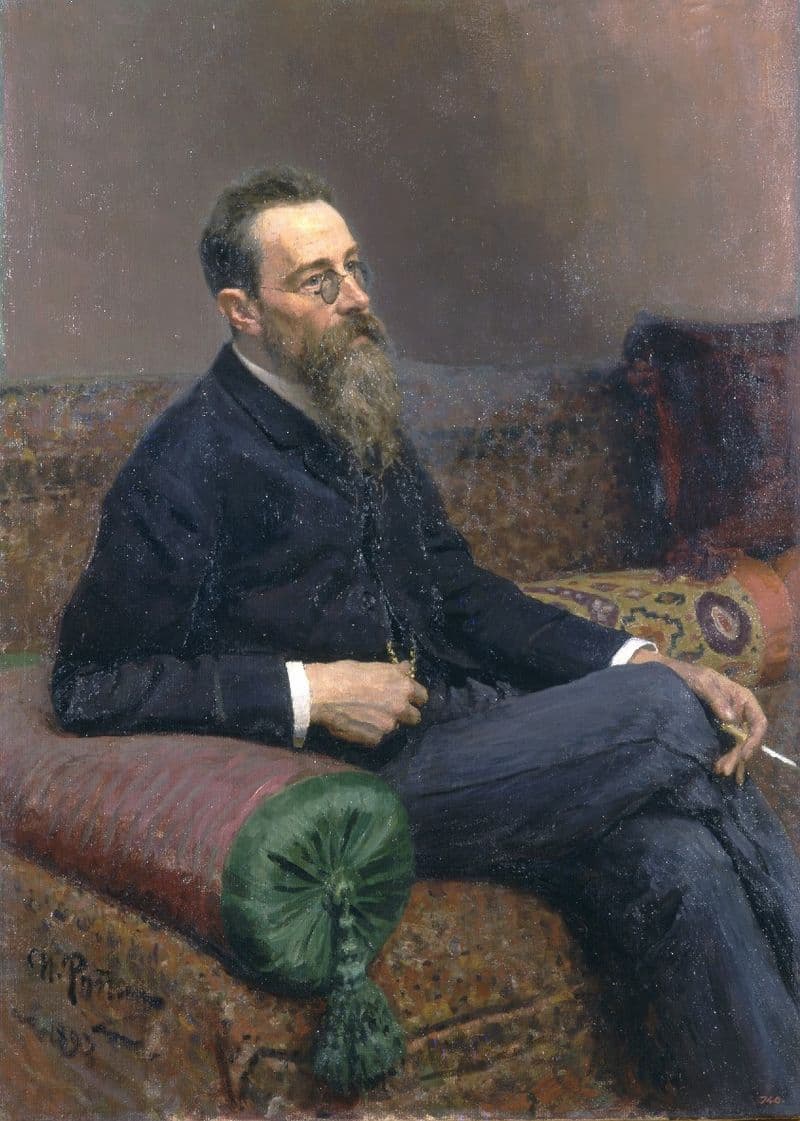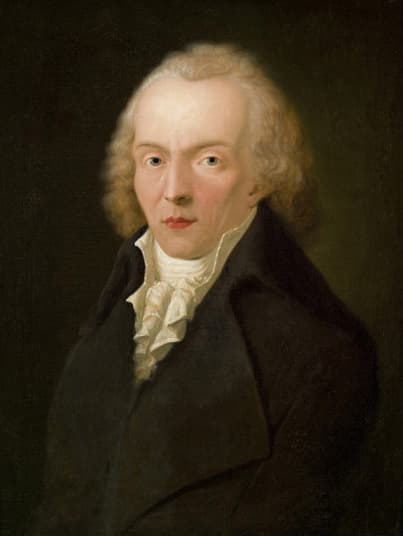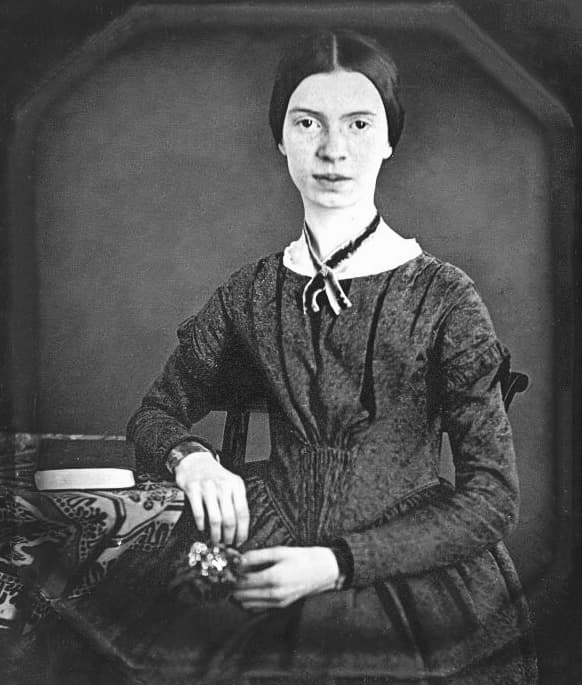In 1982, master storyteller Roald Dahl published a collection of poems under the title Revolting Rhymes. This parody of six favourite fairy tales features his darkly comic twists complete with rollicking rhymes and hilarious surprise endings. Humorously deviating from the
Poetry
In 1840, Robert Schumann wrote to his beloved Clara, “This ceaseless inner music is almost killing me; I am almost obsessed by it. Oh Clara, what bliss it is to compose for the voice! I have done without it for
Alexandre Dumas, born on 24 July 1802 in Villers-Cotterêts in the department of Aisne, in Picardy, France, is one of the most famous and widely read French authors. We all know him from his historical novels “The Count of Monte
For many literary critics, the Norwegian playwright Henrik Ibsen (1828-1906) is considered “the father of realism and the second most influential playwright of all times.” Ibsen was one of the founders of modernism in theatre and completely rewrote the rules
I had long believed that the poems most frequently set to music came from the pen of Goethe, Schiller, Heine, Whitman, or Verlaine. In reality, however, that particular honour probably belongs to the American poet Emily Dickinson. In 1992 a
While Nikolai Rimsky-Korsakov’s (1844-1908) symphonic works remain extremely popular, his art songs, commonly termed “Romances,” are largely unknown and unfairly neglected. An integral part of Russian culture, the “Romance” indicated an intimate lyrical genre that was supposed to “touch the
Johann Paul Friedrich Richter (1763-1825), much better known under his penname “Jean Paul,” was one of the most prolific and prominent writers of his generation. Owing to the structural and linguistic idiosyncrasies of his writings, he was heavily criticized in
American poet Emily Dickinson’s three-stanza lyrical poem ‘”Hope” is the thing with feathers” gives us the idea of a mysterious singing being. Invisible to the eye, singing songs without words, the being can be heard through the most difficult times

